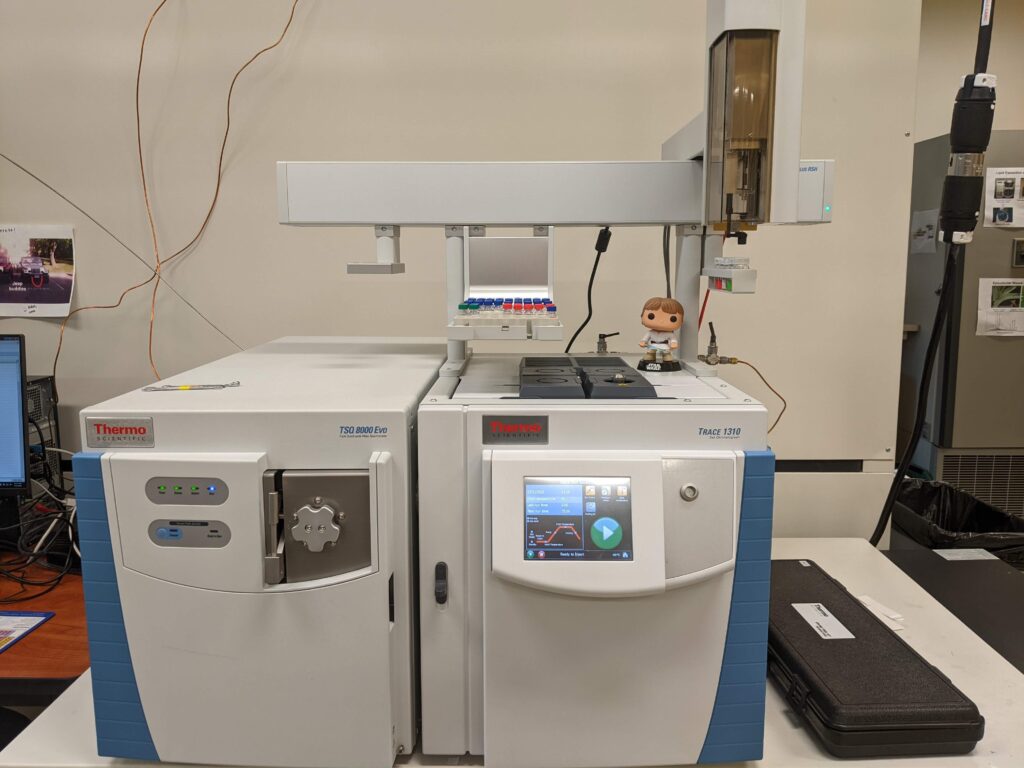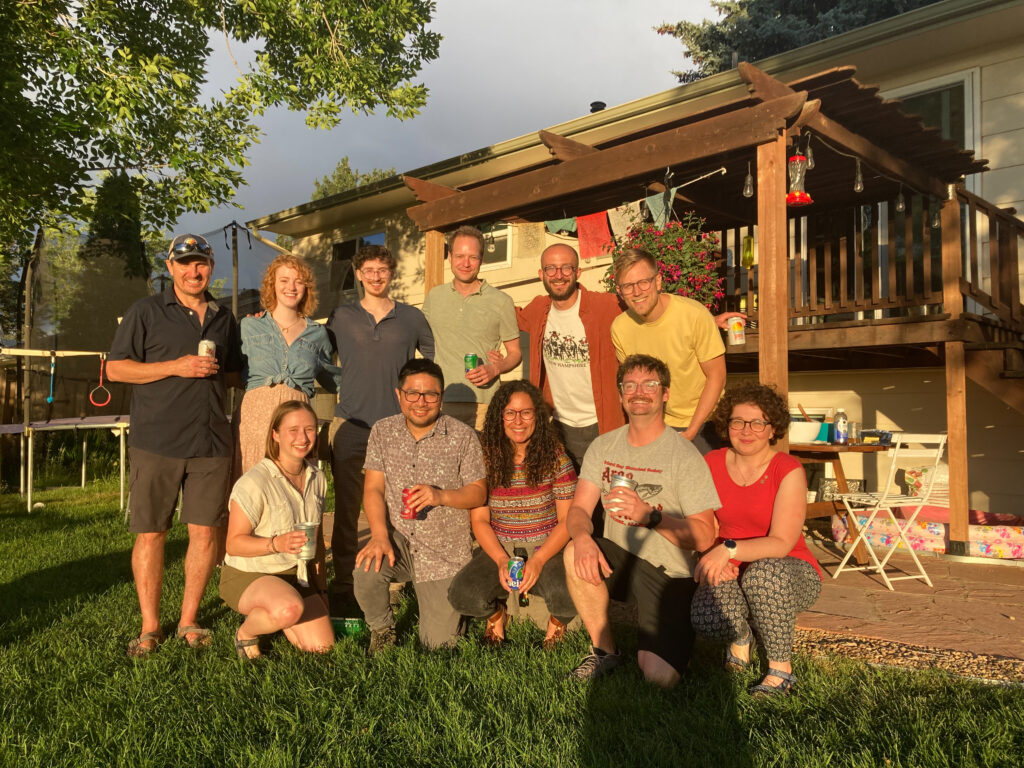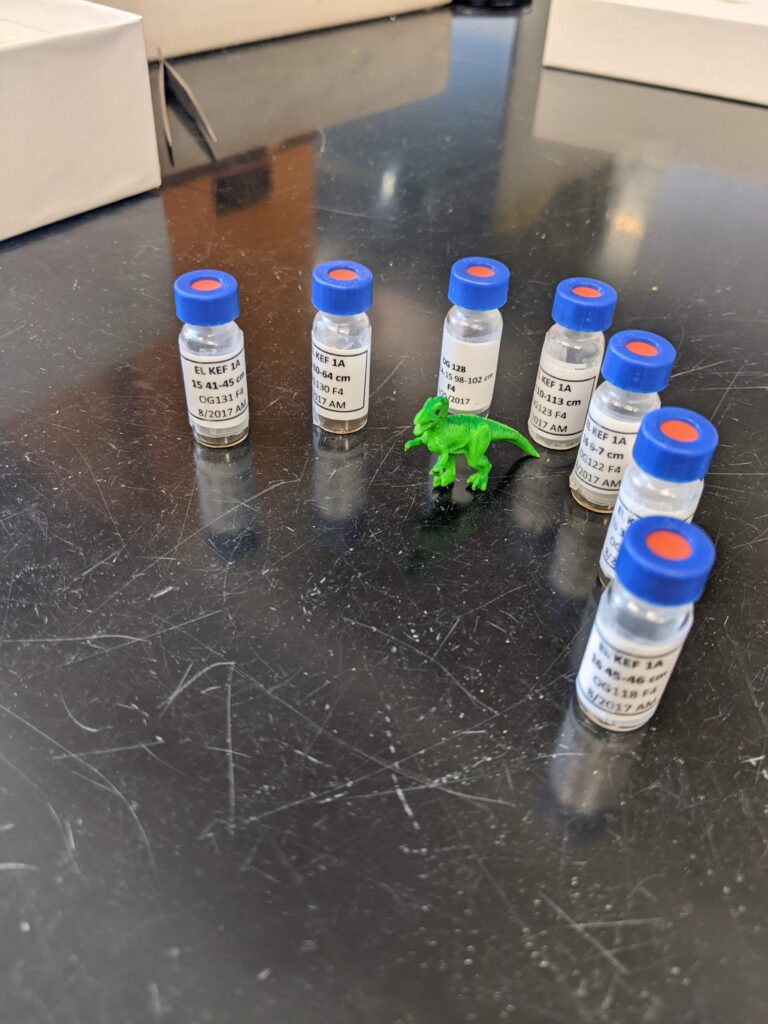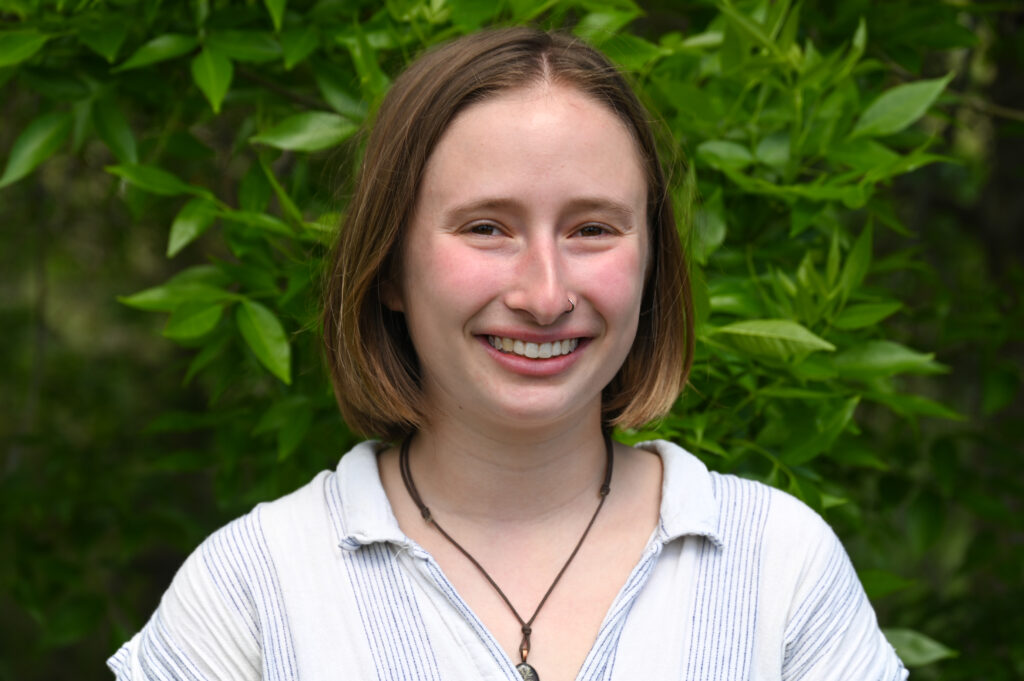This summer we’re introducing interns in the RESESS, Geo-Launchpad, and USIP programs to shine a spotlight on the research projects they are completing throughout these 11-week internships and on their interests in geoscience.




Kira Biener is a rising senior at the University of Michigan and is majoring in climate sciences and impacts engineering, with minors in computer science and geology. She had been exposed to Earth science from a young age, having grown up in Boulder and attended the National Center for Atmospheric Research’s science days as a child. Additionally, Kira aims to make a difference on climate change. Last summer, Kira participated in an REU at Pennsylvania State University that measured mass photosynthetic activity in the Amazon rainforest through flux tower and satellite measurements. They actually cold-emailed Dr. Nikki Lovenduski, a professor at University of Colorado Boulder, because they were interested in Dr. Lovenduski’s modeling work. Luckily, Dr. Lovenduski replied and referred Kira to the RESESS program on the final day to apply for the internship.
Dr. Julio Sepúlveda is mentoring Kira this summer and, like Dr. Lovenduski, is part of the Institute of Arctic and Alpine Research at University of Colorado Boulder. Most directly, Kira is working with PhD student Robert Kelleher. They are looking at a sediment core from El Kef, Tunisia that has sediments from 66 million years ago—during the Cretaceous-Paleogene (K-Pg) mass extinction event that ended the age of the dinosaurs. Kira is investigating the presence of polycyclic aromatic hydrocarbons, which are markers of incomplete combustion. During combustion, materials like wood, gas, and coal react with oxygen to create water and carbon dioxide. In wildfires, combustion produces energy in the form of fire. Combustion can often be incomplete during wildfires, as fire in the smoldering combustion phase is quite inefficient as opposed to a higher burn intensity. The incomplete combustion will leave behind particulates of the original combustible material, as well as polycyclic aromatic hydrocarbons.
These markers will reveal information about the pattern of wildfires and long-term changes to the environment following the asteroid impact. Kira is analyzing samples prior to the impact to note the fire behavior beforehand, in addition to a high-resolution window directly at the K-Pg boundary. Kira’s research will contribute to Robert Kelleher’s doctoral thesis. Recording the long-term fire pattern surrounding the K-Pg boundary will improve paleoclimate reconstruction models and allow scientists to better understand the aftermath of the meteor impact and mass extinction event.
Q&A:
- What has been your favorite part of the RESESS program so far?
I really like getting to spend time with the other interns and hear about what everyone’s working on. It’s really cool. The field is so diverse in terms of what work is going on.
- What have you gained from your mentorship with Dr. Sepúlveda and Robert Kelleher?
I’ve learned everything that I’ve been doing because I came in with pretty much nothing. I’ve gained a lot of knowledge about how past climate reconstruction works: why we use the tools that we do, how the machines in the lab work, why certain things need certain solvents, and how to determine whether or not your samples are good. Then Julio, my primary advisor, is really amazing at establishing work-life balance, which I know is rare in academia. It’s part of the reason why academia is so intimidating to me, because I really value having time outside of work and not having work become everything. He does a really amazing job of fostering that [balance], like not requesting too much time outside of the lab, but we’ve had lab get-togethers and it’s really fun to hang out with people in a casual, non-lab setting.
- Have you learned about any new topics/research techniques that have really piqued your interest?
I learned that what I like doing and what I would like to do in the future is more on the experimental side, as opposed to [the] observational side. I really enjoyed being able to mess with the methods and change the way we’re doing things in order to visualize things better… There’s a lot more freedom… The project isn’t as defined. We’re getting the data ourselves, which is therefore more of a process than it was last summer [at the REU at Penn State] when I had data already when I came in.
After graduating college, Kira hopes to obtain a master’s degree and enter the field as quickly as possible to work on ocean carbon capture and the acceleration of natural rock weathering cycles. Kira is excited to continue exploring Colorado with the other interns and rock-climbing this summer!
Written by:
- Lucia Bellino, USIP Intern
- Posted: 20 July 2022
- Last updated: 31 July 2022
- Tags: climate, geochemistry, internships


